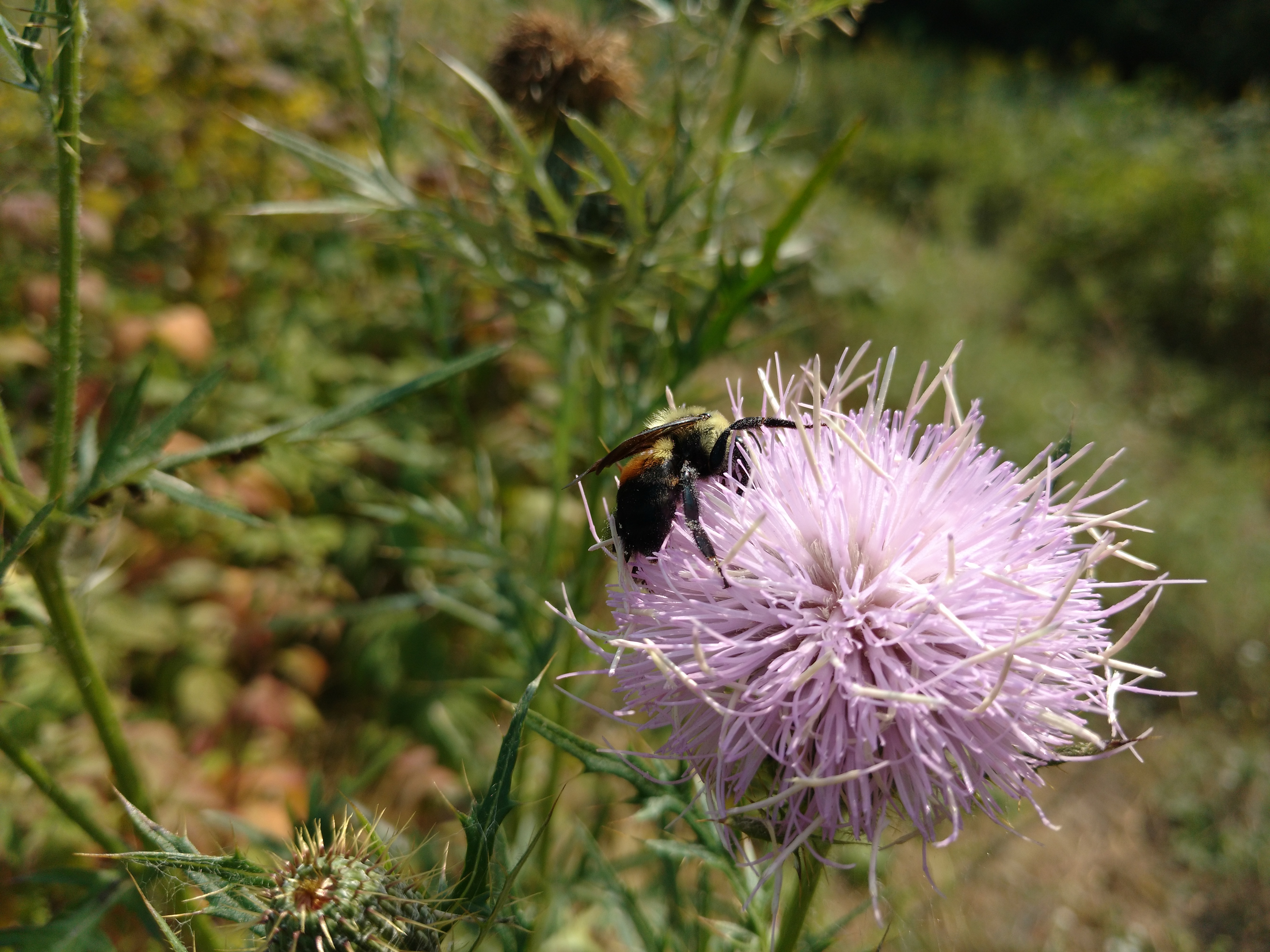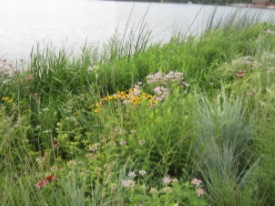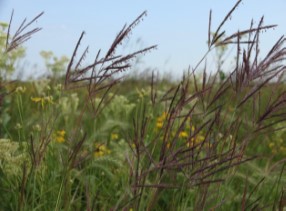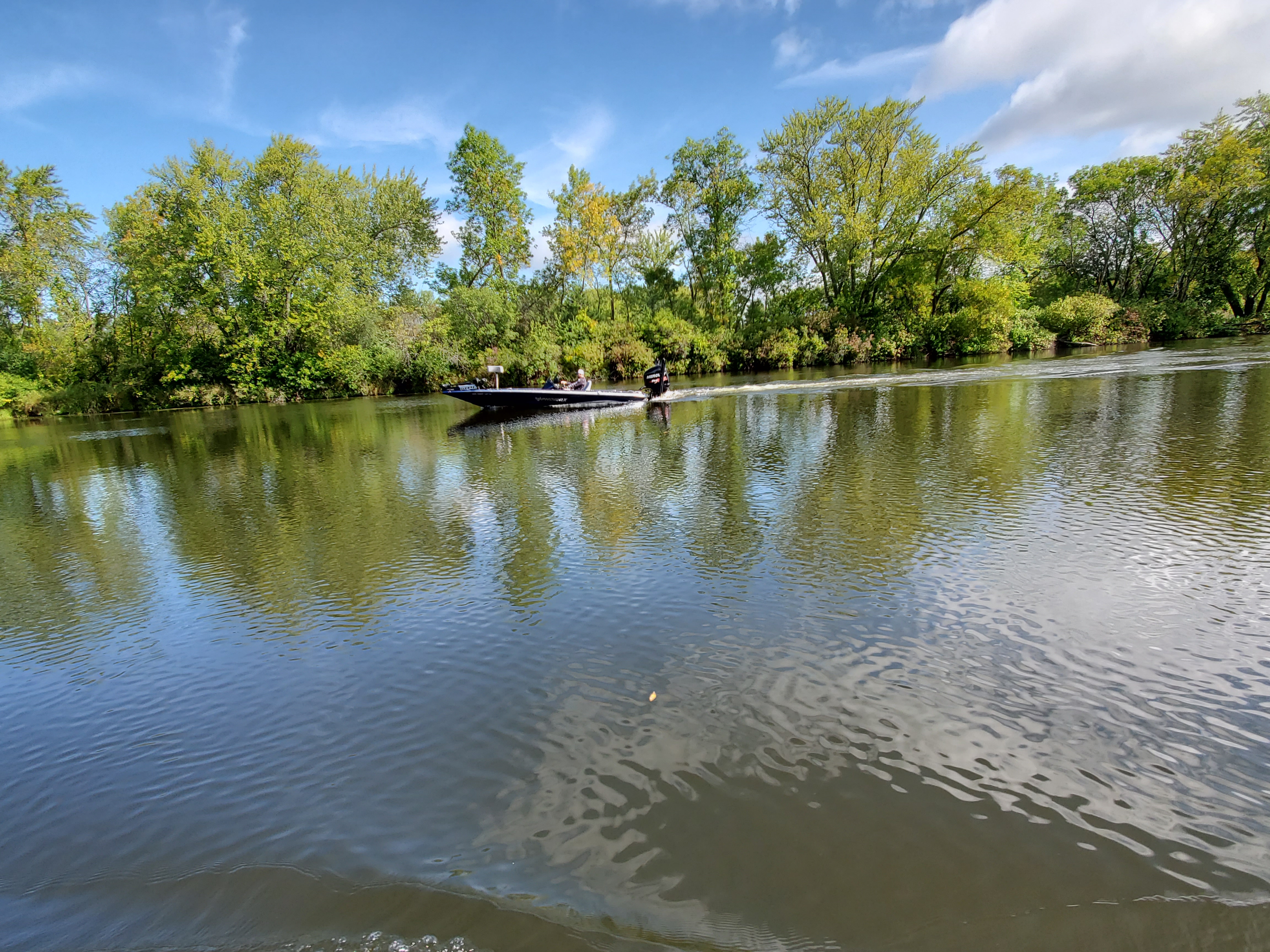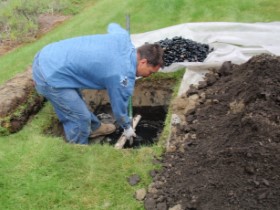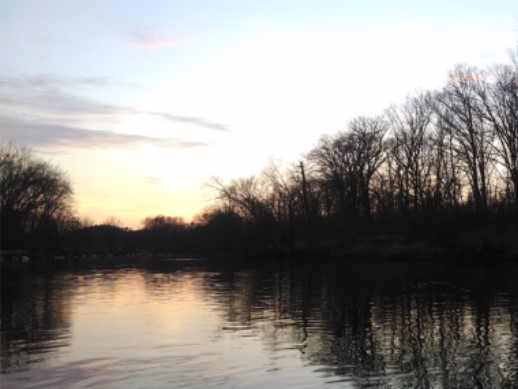Cover Crops, Filter Strips, Grassed Waterways
Agricultural & Soil Health
Cover crops, filter strips, grassed waterways, conservation tillage (no till, strip till, etc), conservation crop rotation
There are two primary sources of grants and technical assistance for agricultural practices locally: the USDA Natural Resources Conservation Service (NRCS) and the Anoka Conservation District. NRCS programs include the Environmental Quality Incentives Program (EQIP), Conservation Reserve Program (CRP), and others. ACD programs offer funds originating from the State to be implemented locally as grants to landowners or operators for specific practices, including those that prevent runoff, improve soil health, or enhance habitat. The availability and requirements for each program can vary over time.
For federal programs, contact the local USDA Office for Anoka, Hennepin, and Sherburne counties at 148 Highway 10, Elk River, MN 55330, 763-241-1170.
For ACD programs, contact
- For row crop fields. 3-year commitment. Offered practices commonly include:
- Cover crops
- Residue and tillage management. No till. Strip till. Conservation tillage.
- Conservation crop rotation.
- Filter strip
- For other areas. 10-year commitment. Offered practices commonly include:
- Conservation cover. This is planting long-term native plant cover – think prairie restoration.
- Pollinator planting. Essentially the same as conservation cover, but with a pollinator-oriented native plant mix.
- Critical area planting. This is planting shorelines or erodible areas adjacent to waterbodies to reduce erosion.
- Prescribed grazing.
- Forage and biomass planting.
- Funding is intended to incentivize the adoption of new practices. Will not pay for past projects or continuing current practices.
- Most financial assistance is flat rates ($___/acre). See the ACD Handbook for current rates.
- Our current funding sources generally require native plant species. This can put limits on specific practices

